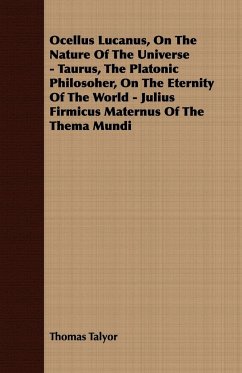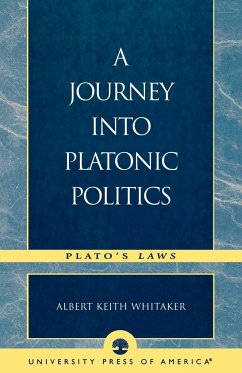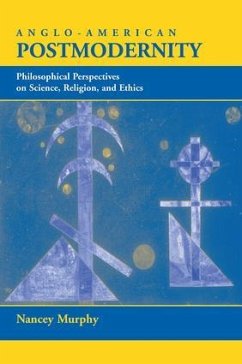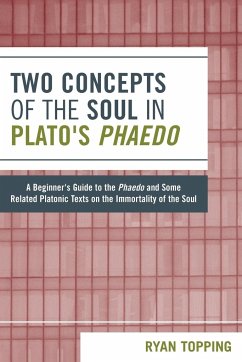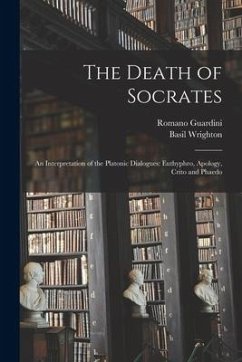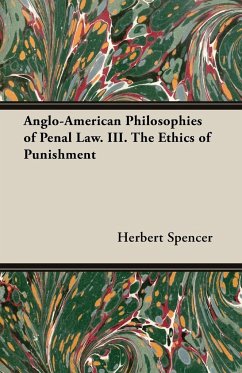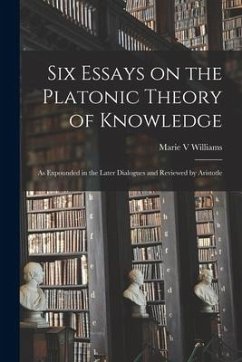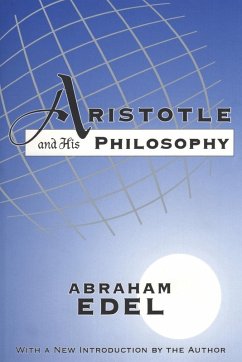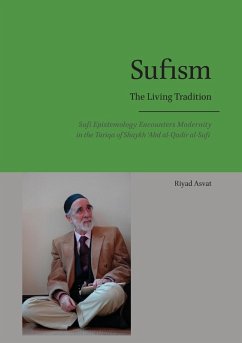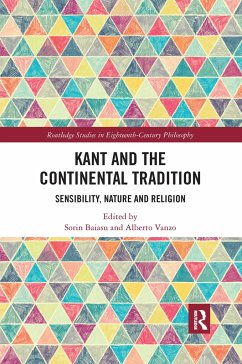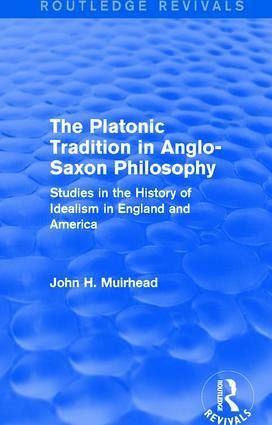
The Platonic Tradition in Anglo-Saxon Philosophy
Studies in the History of Idealism in England and America
Versandkostenfrei!
Versandfertig in 1-2 Wochen
52,99 €
inkl. MwSt.
Weitere Ausgaben:

PAYBACK Punkte
26 °P sammeln!
Originally published in 1931, Muirhead's study aims to challenge the view that Locke's empiricism is the main philosophical thought to come out of England, suggesting that the Platonic tradition is much more prominent. These views are explored in detail in this text as well as touching on its development in the nineteenth century from Coleridge to Bradley and discussions on Transcendentalism in the United States. This title will be of interest to students of Philosophy.





